
Enough
Why the World's Poorest Starve in an Age of Plenty
ISBN: 9781586488185
Pages: 336
Read or listen offline
Recommendation
Farm subsidies started out as a good way to protect hardworking US and European farmers against the vagaries of the marketplace and the weather. But they’ve morphed into a major reason why the developing world suffers regular, devastating famines. The effects of subsidies on commodity prices often mean that poor farmers, particularly those in Africa, cannot make any money selling their harvests, so they cannot buy the seeds and fertilizers they need to grow future crops. Without incomes, they and their families starve. In this revealing, shocking book, Wall Street Journal reporters Roger Thurow and Scott Kilman examine how – as they contend – practices by rich nations keep developing nations poor and hungry. getAbstract recommends this book to those who want to know why, in the 21st century, people still starve to death, and what’s to be done about it.
Take-Aways
About the Authors
Roger Thurow is a foreign correspondent for The Wall Street Journal, where Scott Kilman covers agriculture. In 2005, the United Nations honored them for their reporting.








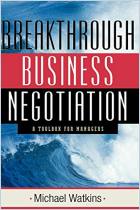
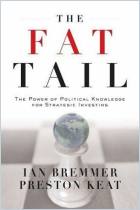
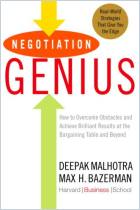
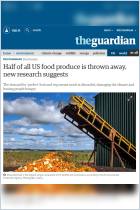
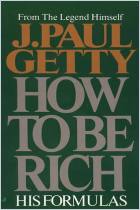
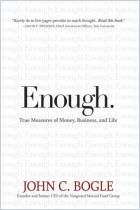


Comment on this summary or Start Discussion